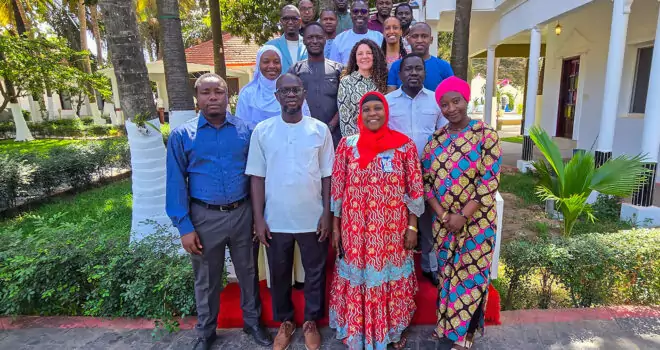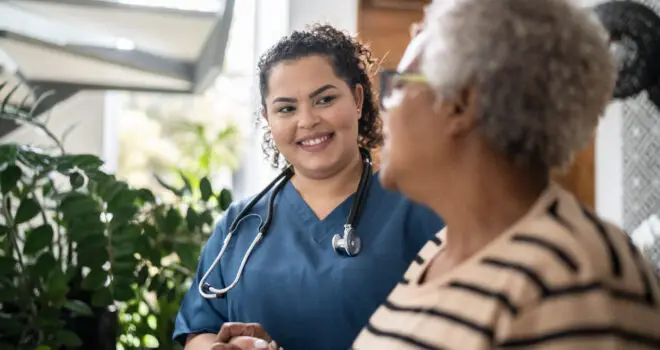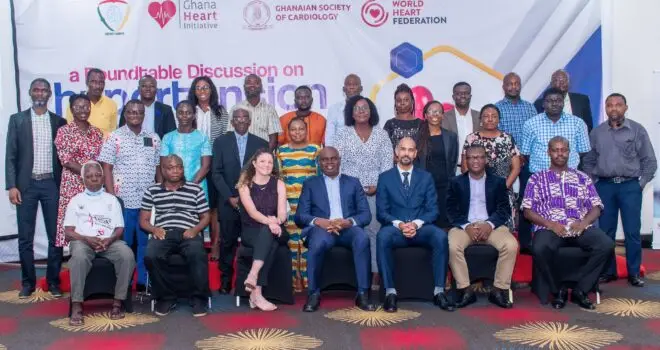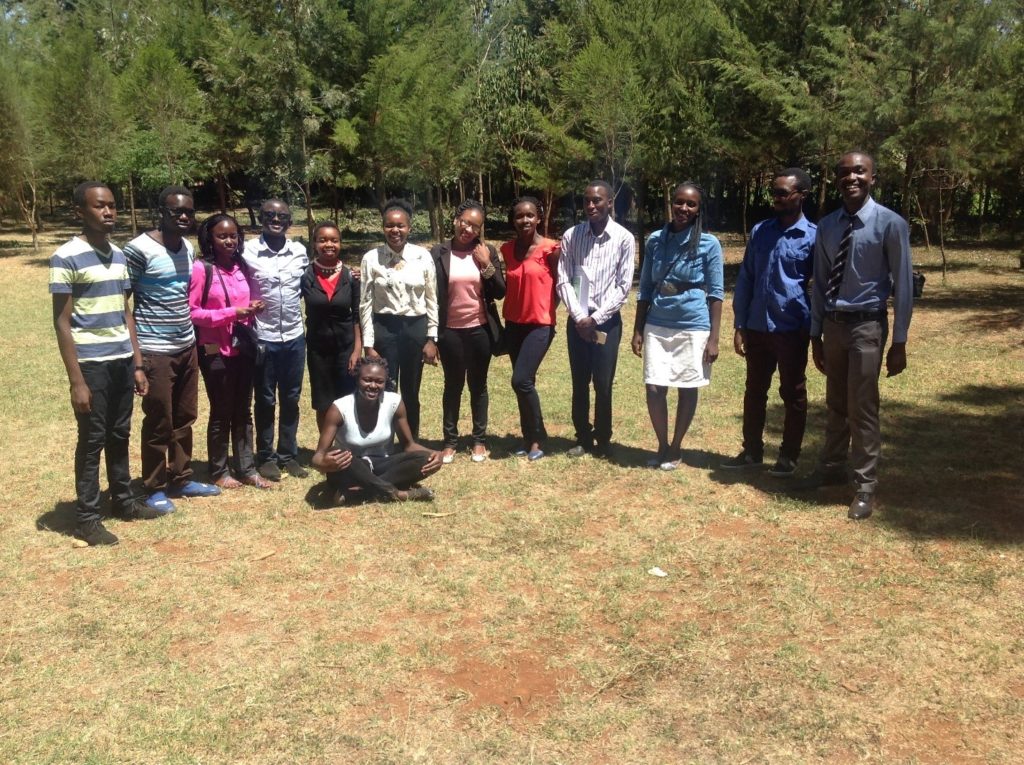 YPCDN- Rheumatic Heart Disease Ambassadors
YPCDN- Rheumatic Heart Disease Ambassadors
I think… if it is true that there are as many minds as there are heads, then there are as many kinds of love as there are hearts.
Leo Tolstoy, Anna Karenina
I started my clinical years of medical school with mixed feelings: excitement at finally tying knowledge and reading with the patient’s symptomatic presentation, but also facing the reality of the thin margin that exists between life and death. These experiences really affected us: the first few months we spent in clinical rotation as part of our medical studies saw us interact with mothers of children suffering from rheumatic heart disease, and children who were at times too sick to communicate their symptoms.
This was especially moving because RHD is a disease that can be easily prevented, yet is a killer disease in many developing countries. This drove us – the health sciences students that are members of the Young Professionals Chronic Disease Network – to undertake the initiative of advocating for awareness and prevention of RHD.
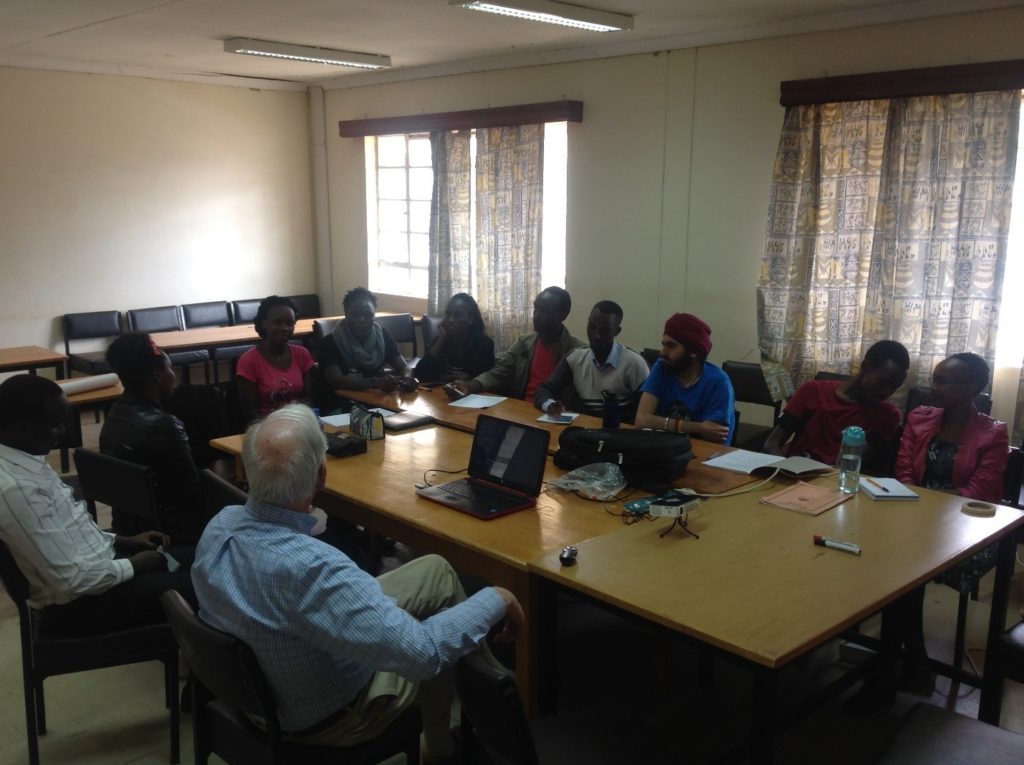 Session with Prof. Maamlin on the ‘basics of RHD’
Session with Prof. Maamlin on the ‘basics of RHD’
We began our advocacy work by holding training sessions including essential information on RHD for members whose expertise lies outside the medical field, such as law students, public health students, psychologists and those yet to begin higher education. This interactive session was led by Prof. Joe Maamlin, a cardiologist from Indiana University. He particularly focused on topics such as the epidemiology of RHD, signs and symptoms, presentation in pregnancy and preventive measures.
This first phase has been a valuable experience to the YPCDN members, especially to those not in the medical field. They have over the few months grown to be rheumatic heart disease “gurus” and ambassadors without limits.
Dilys Kemunto
Our second training session was aimed at developing soft skills among the trainers that would enable them to be effective communicators to the target groups. It was conducted by Everlyne Achieng, an International Federation of Medical Students’ Association (IFMSA) accredited trainer. In this session, Everlyne covered a number of topics, such as how to prepare for presentations, and how to identify the needs of the target group and ensure that the presentation suits these needs. This proved to be a really useful session, and attendees left with many new ideas to adapt for their own presentations.
One of our members shared her experience of how she was misdiagnosed and treated for various conditions for months on end, only to discover that her heart was gradually failing. Her story is one that every person living with RHD should hear: she is currently healthy and studying for her fourth year of Mechanical Engineering, a path everyone who cared for her, including her cardiologist, thought she couldn’t reach.
School Visits
 Raising awareness about RHD in Central Primary School
Raising awareness about RHD in Central Primary School
Our first awareness-raising visit took place on 13th March 2017 at Central Primary school in Eldoret. The children were divided into four groups with two or three trainers addressing each team. We spoke about a number of topics, including the infection process, the presenting symptoms, ideal treatment options and preventive measures. These were broken down to the simplest terms possible for the kids to understand, and they were given the chance to ask questions at the end.
We held another awareness session on 17th March at Kapsoya primary school, which has approximately 600 students. There we were also able to conduct an extra session with the teachers, who were intent and appreciative of the disseminated knowledge.
We hope that our efforts will bear fruit, the current geopolitical factors notwithstanding. The task ahead is great but we chant ‘Tell a friend to tell a friend, to save a life.
Chellion Nyamwea (RHD Ambassador)
Our time during the two school visits was most certainly well-spent! Our target group, the children, were a fun and enthusiastic group to talk to, eager to learn and very inquisitive. By continuing these visits we will reach 5,000 students, raising awareness both in the local area and in schools that are further away. We also have plans to raise awareness by making #TimeToTackleRHD t-shirts to take the programme to the street and the general public! The team is aiming to hand out brochures with facts on RHD prevention in stores, bus stops and other public areas.
As we parted ways at the end of the school visits, we asked the children to chant the slogan: “Tell a friend to tell a friend to save a life”. The campaign may not reach the heart of every home just yet, but the voices of these children will definitely go a long way: it is the little steps that make a big difference.
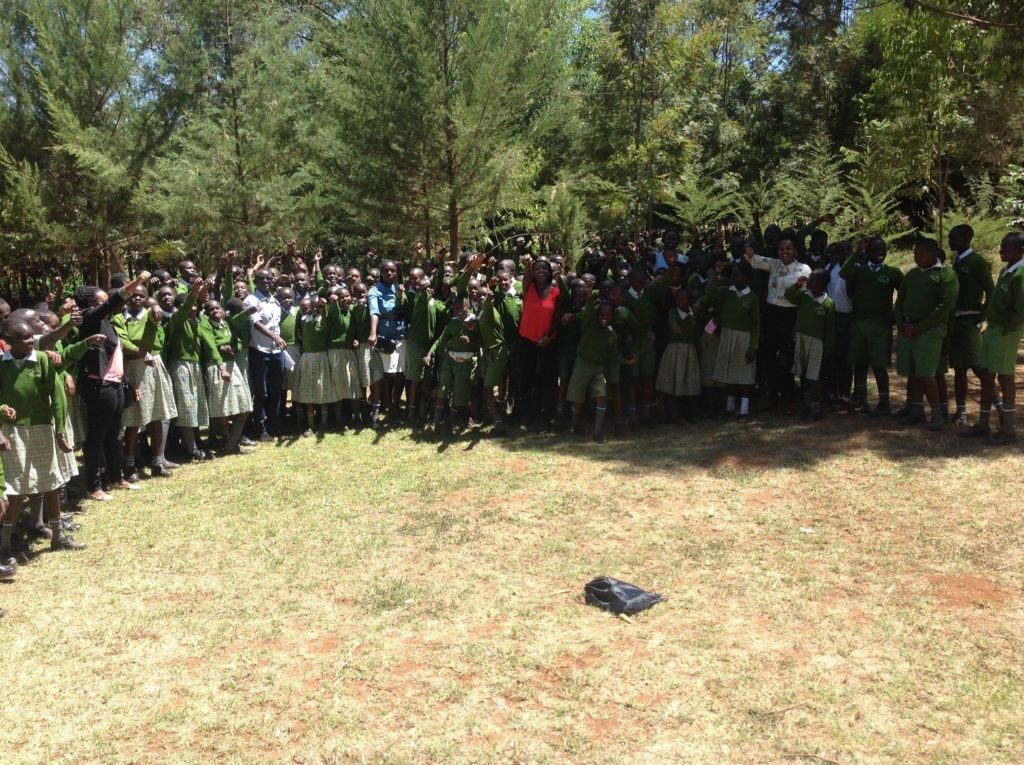 Raising awareness about RHD in Central Primary School
Raising awareness about RHD in Central Primary School